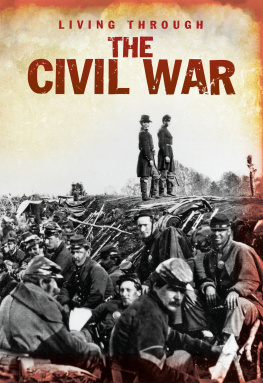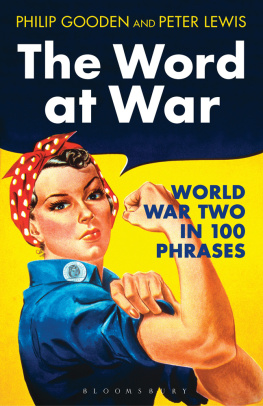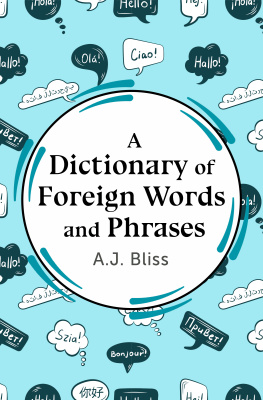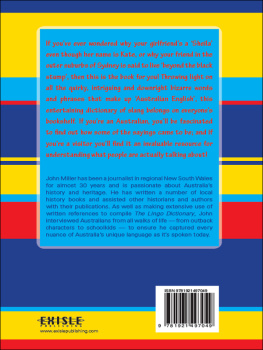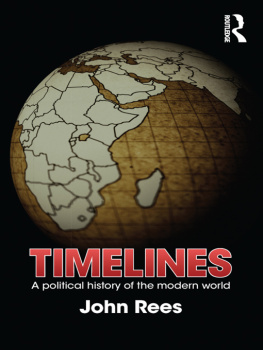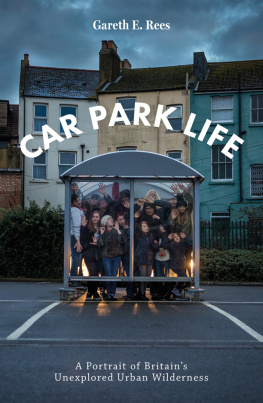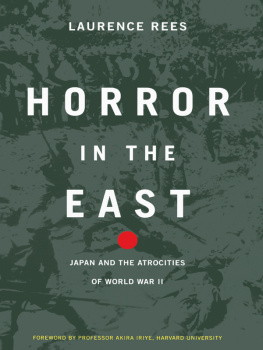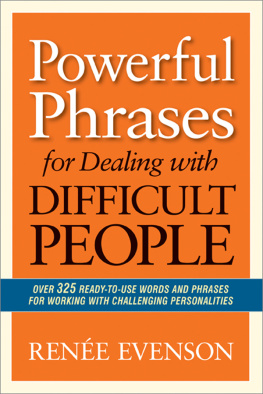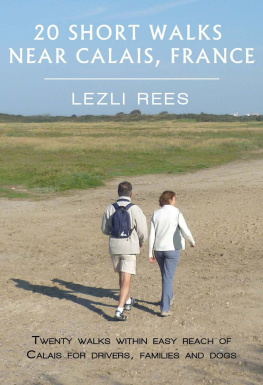The naming of wars is an odd business. It usually depends which side you are on, of course. I believe that the Boers referred to what we know as the Boer Wars as Vryheidsoorloe (literally, freedom wars). The Vietnamese called the Vietnam War the American War, understandably enough.
Sometimes the war does not have to be over before the name is applied. The Gulf War was being called by that name in January 1991 and the war was not wrapped up until March of that year.
And then there is the question of when a war is not a war. I still note a general hesitation in referring to the Falklands conflict of 1982 as a war. So where does that leave the late unpleasantness, not really over yet, in Iraq? The Iraq War may be winning the day. The Iraqi Regime Change? The American Invasion of Iraq? Only time will tell.
Looking back to the world wars that are the source of this books words and phrases, it is remarkable to discover just how soon both of them came to be given their grandiloquent but ominous titles. The term world war is defined by the OED, a touch loosely you might think, as a war involving many important nations. It was first recorded in 1909. Five years later there came the real thing.
Initially, of course, the First World War was not known as this. It was being called the European War as early as 14 September 1914, a mere few weeks into the fray. On that day, the Lima Daily News in Ohio was offering Latest European War Map Given by the News to every reader presenting this coupon and 10 cents ...
A book of poems by H.D. Rawnsley was given the title The European War 191415 as early as 1915. It is, however, a satisfactorily accurate name because, although nations strictly speaking beyond Europe, like Turkey, were involved, and in due course Australia, New Zealand and, above all, the United States joined in, the cause and focus of the war were very much European.
The term European War was still being invoked in the 1920s as the phrases use on numerous war memorials attests. To this day, the London Library categorizes books like Winston Churchills The World Crisis under the heading H[istory]. European War I and his The Second World War under H. European War II.
Almost as rapidly, the conflict became chiefly known as the Great War and why not? In terms of scale and mortality there had certainly never been anything like it before. As early as October 1914, Macleans Magazine (in the US) was stating, Some wars name themselves This is the Great War. Previously, the name had been given to the French Revolutionary and Napoleonic wars of 17931815. As Arnold Toynbee pointed out, the British kept on using this name until the fall of France in 1940 in order to avoid admitting to themselves that they were now again engaged in a war of the same magnitude.
By 10 September 1918 i.e. just before the Armistice was signed Lieut. Col. C. Court Repington was referring to it in his diary as the First World War, thus: I saw Major Johnstone, the Harvard Professor who is here to lay the bases of an American History. We discussed the right name of the war. I said that we called it now The War, but that this could not last. The Napoleonic War was The Great War. To call it The German War was too much flattery for the Boche. I suggested The World War as a shade better title, and finally we mutually agreed to call it The First World War in order to prevent the millennium folk from forgetting that the history of the world was the history of war. Repingtons book entitled The First World War 191418 was published in 1920. Presumably this helped popularize the name for the war, while ominously suggesting that it was the first of a series.

There is rather more to the naming of the Second World War than that. After the First World War, what could be more natural than to have the Second World War? But, of course, it was not immediately recognized as such. At first, some tried to refer to it, once again, as the war in Europe, but Time Magazine was quick off the mark in 1939: World War II began last week at 5:20am (Polish time) Friday, September 1, when a German bombing plane dropped a projectile on Puck, fishing village and air base in the armpit of the Hel Peninsula ...
Soon after this, Duff Cooper published a book of his collected newspaper articles entitled The Second World War. When it quite clearly was a world war, by 1942, President Roosevelt tried to find an alternative appellation. After rejecting the Teutonic Plague and the Tyrants War, he settled for the War of Survival. But that did not catch on. Finally, in 1945, the US Federal Register announced that, with the approval of President Truman, the late unpleasantness was to be known as World War II. In the Soviet Union, the Second World War was known as Velikaya Otechestvennaya Voyna, the Great Fatherland War. Another name for it there: the Great Patriotic War.
One name has not, however, endured the Unnecessary War. In Winston Churchills preface to The Gathering Storm, the first volume of his history of The Second World War (1948), he wrote: One day President Roosevelt told me that he was asking publicly for suggestions about what the war should be called. I said at once The Unnecessary War. There never was a war more easy to stop than that which has just wrecked what was left of the world from the previous struggle.
I think it would be true to say that World War I and World War II are probably the preferred way in the US to refer to what we in the UK still tend to call the First World War and the Second World War. But I may be wrong about this. As for WORLD WAR III, that seems to be an American concept anyway.
On the other hand, some hold that there has only ever been one world war to date. A view attributed to Lieut. Col. A.D. Wintle MC (18971966) a brave and gloriously eccentric soldier who fought in both of them was: Theres only one war with the Germans. Its lasted thirty years with a lull in the middle while they regrouped.
In fact, that is a line from a TV film in which he was portrayed by Jim Broadbent. To see if Wintle had actually said any such thing I managed to track down a rare copy of his posthumously published memoir, The Last Englishman (1968). All he writes on the matter, when referring to what he usually calls the Kaisers War and Hitlers War, is that they were Parts One and Two of the World War. He then adds: Whatever the rest of the world thought, I knew that the war with Germany was not over. They were merely lying low with hindsight I still regard the two world wars as one. Similarly, in 1941, the cartoonist David Low stated in his foreword to Europe at War: A History in Sixty Cartoons with a Narrative Text: The war, after an interval of twenty years for a change of moustache, is now resumed.


